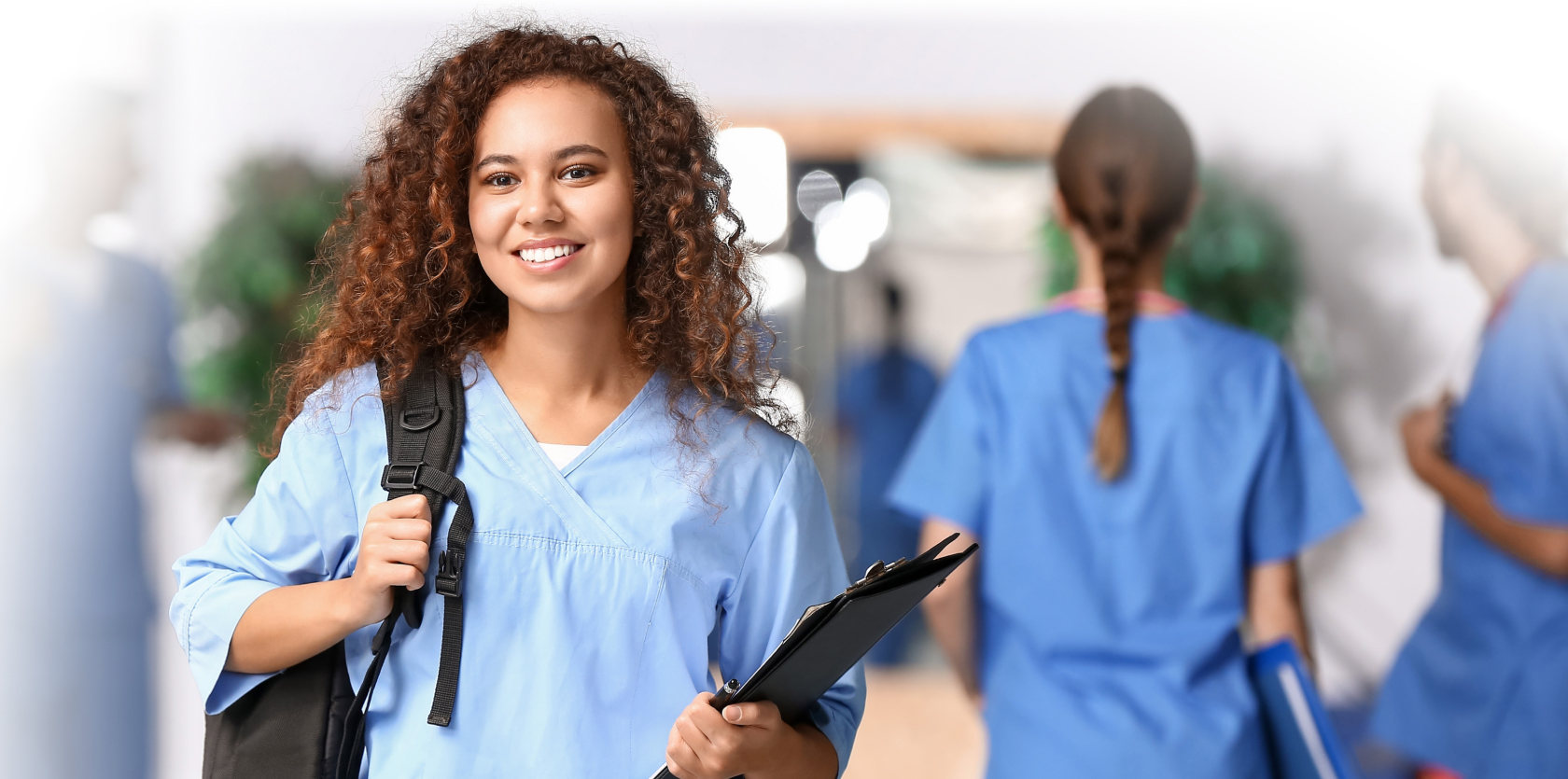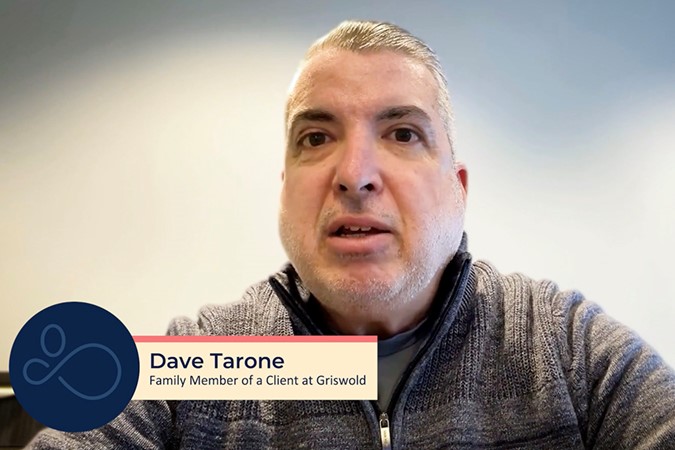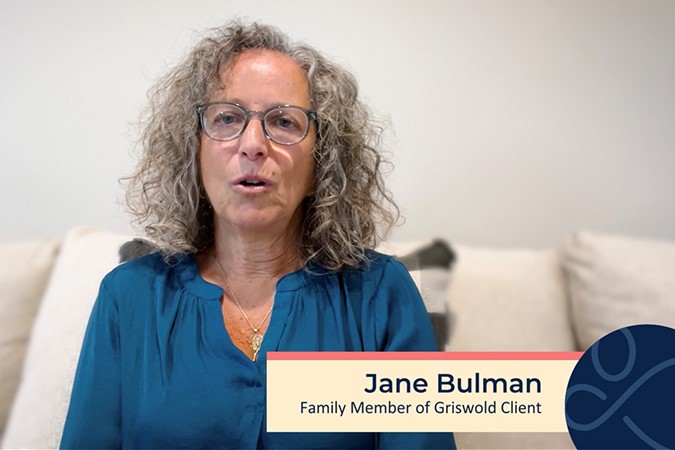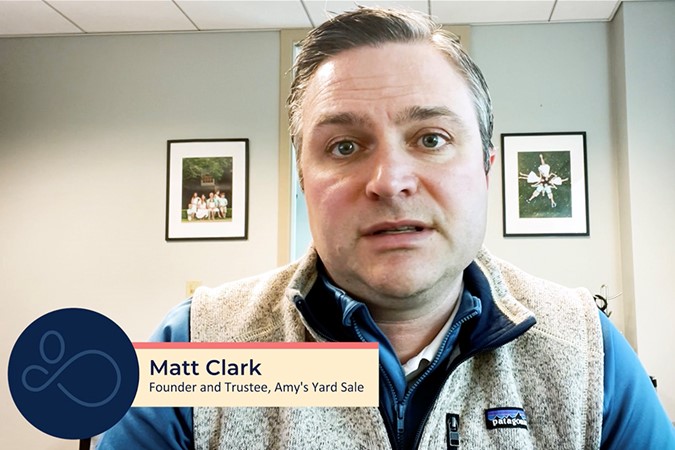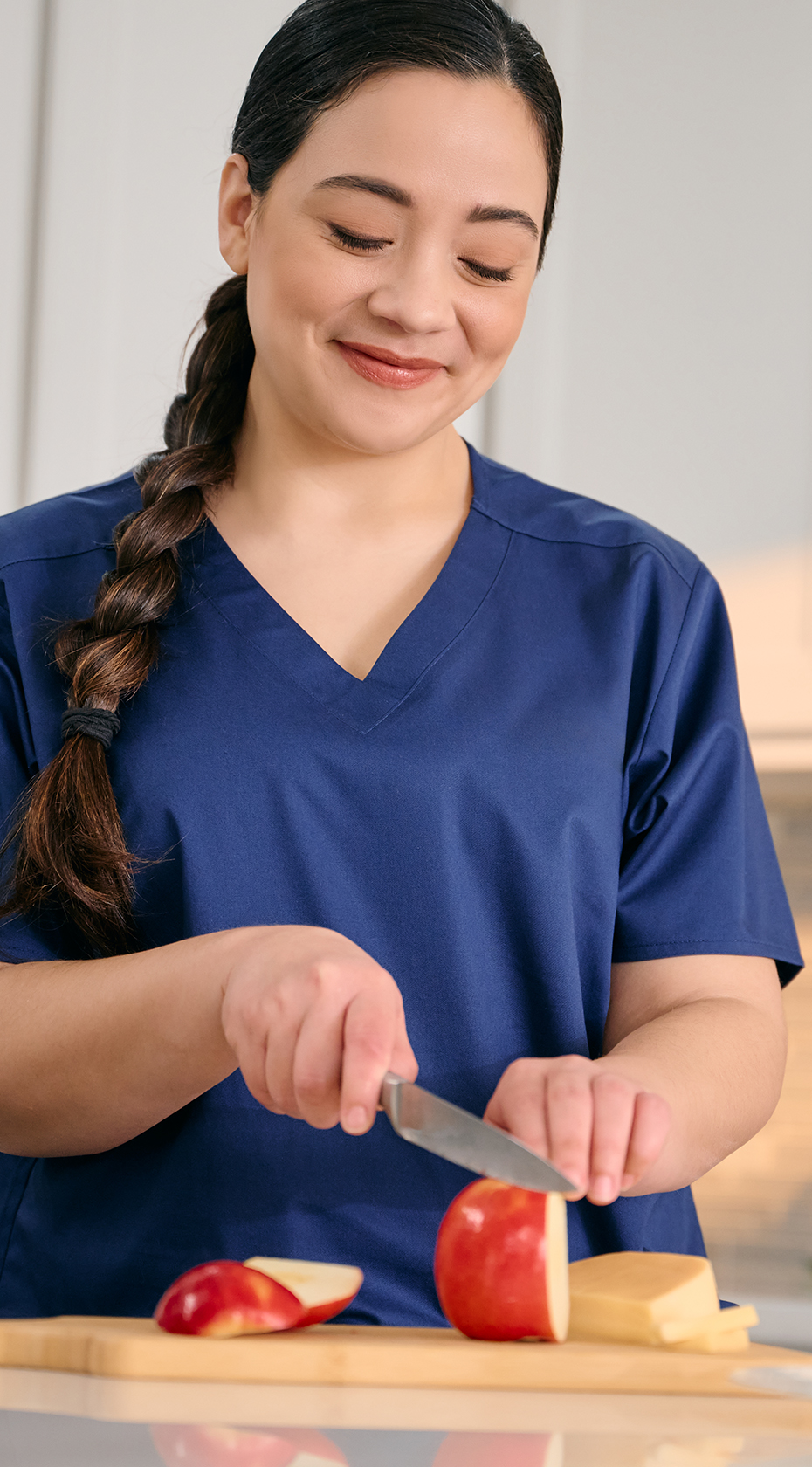
Why Griswold?
Griswold is an award-winning pioneer in pairing you with qualified in-home Caregivers, with over four decades of experience and a storied legacy of compassion and integrity. We believe that helping you find Care Professionals who meet your needs is the foundation of our success, and people deserve to live where they love as they age. Our commitment to innovation is based on our desire to improve the lives of everyone we touch in the community we serve.
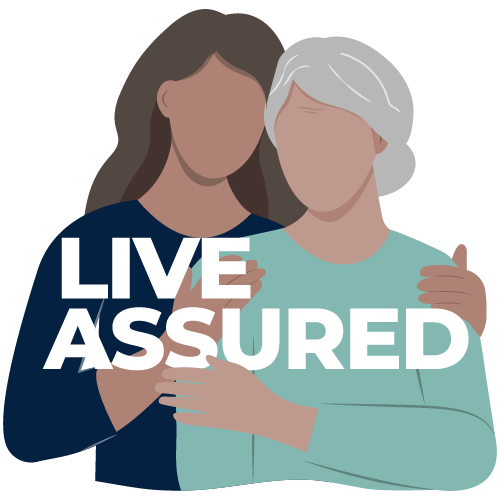
At Griswold, Care Pairing Is Personal
Gentle, hands-on support for essential tasks like bathing, grooming, dressing, and more.
A friend to engage with for activities, hobbies, errands, conversation, outings, and more.
Helpful hands for light housekeeping, laundry, grocery shopping, meal prep, and more.
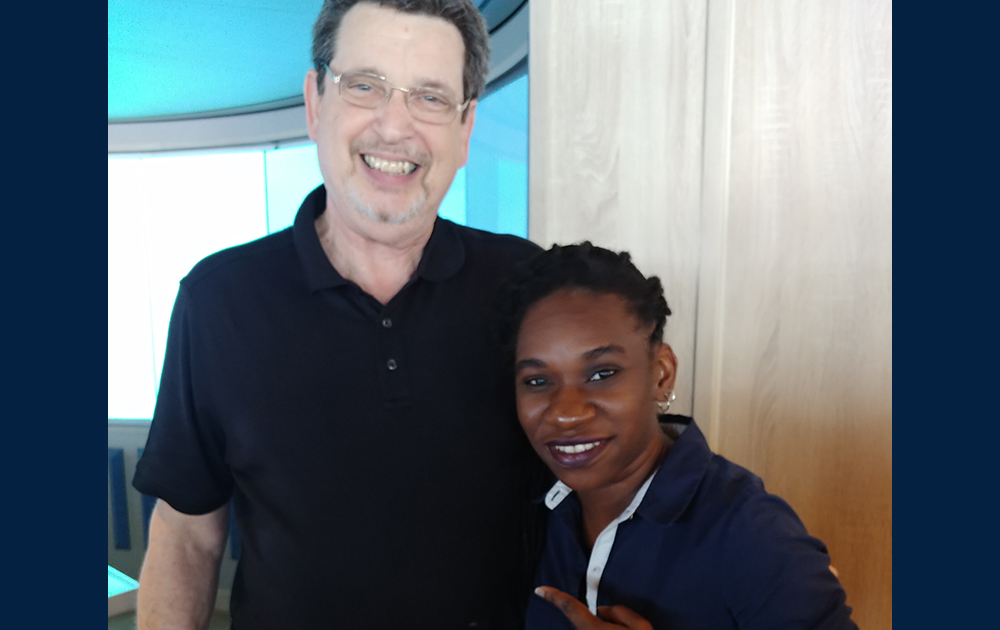
We're Here for You
For someone with physical or mental challenges, living at home is not an easy path. However, with the right kind of assistance, it's more than possible for them to live independently and with dignity.
At Griswold Care Pairing for Miami-Dade, we refer caregivers who offer non-medical home care services in Miami-Dade that are an affordable alternative to nursing homes and assisted living facilities. Backed by a nationally recognized and respected brand with over 40 years of experience, referred caregivers will make sure your loved one gets the care they need while staying right where they belong.
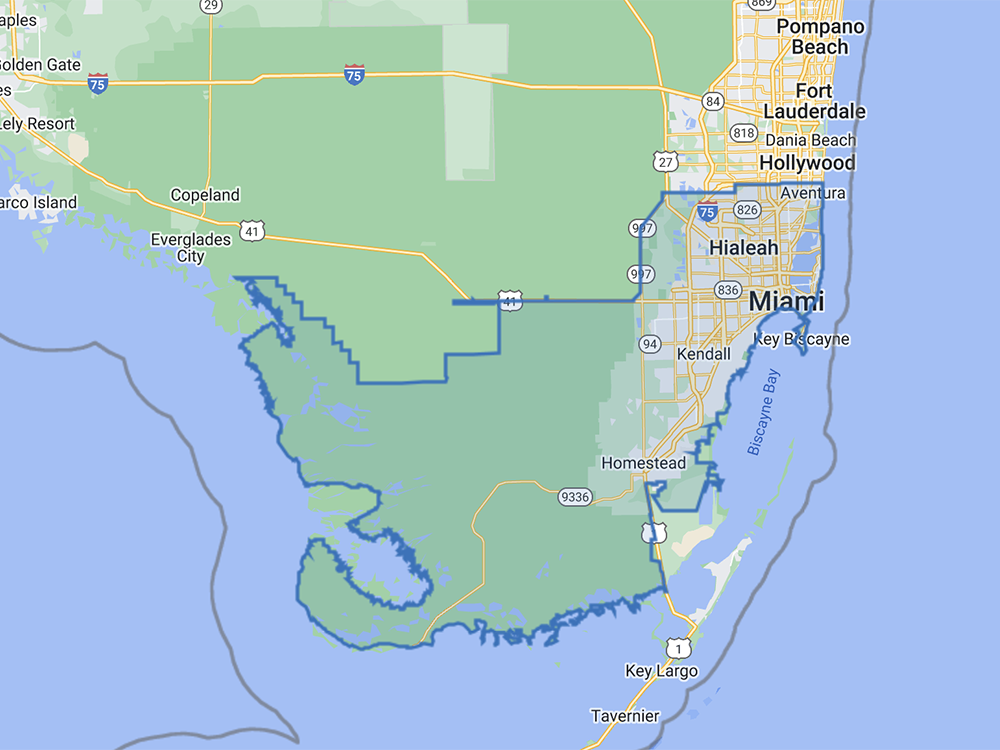
Coral Gables, Hialeah, Homestead, Key Biscayne, Miami, Miami Beach, Miami Gardens, North Miami Beach, Opa Locka, and the surrounding areas
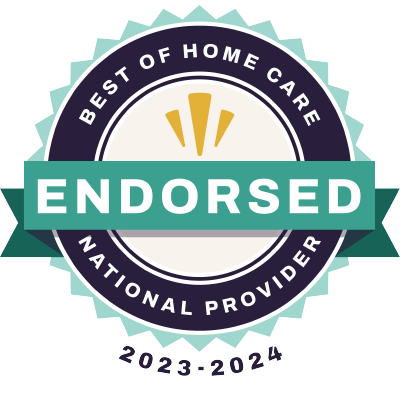

Supporting Caregivers Everywhere
The Jean Griswold Foundation provides scholarships for Care Professionals who wish to further their education in care-related fields. Our communities need Caregivers, and we're committed to supporting their dreams.
